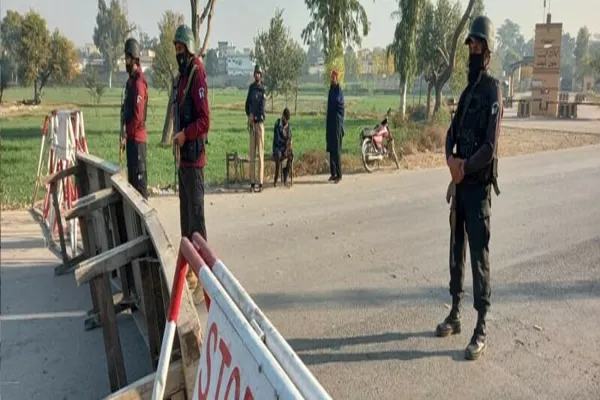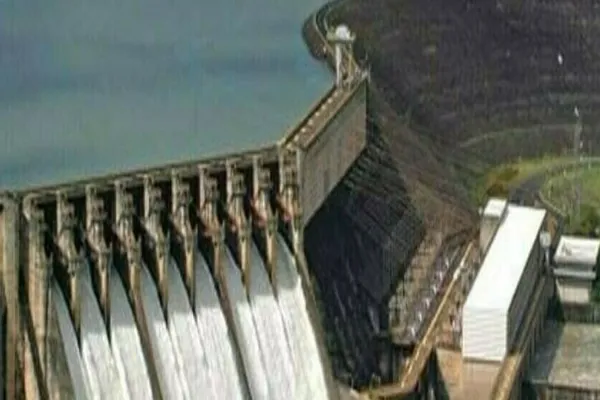i NEWS PAKISTAN
Coordinator to Prime Minister on Climate Change, Romina Khurshid Alam said that Pakistan regularly experiences seasonal flooding, especially during the monsoon season, which poses significant risks to human life, property, agriculture, and infrastructure but managing this excess water for can help overcome the risks and prove a boon to the country’s socio-economic development. Speaking as chief guest of launching ceremony of the ‘Recharge Pakistan Programme’ here on Tuesday, she highlighted that the incumbent government was concerned over wastage of excess floodwaters during summer monsoon season, which gush down the country’s river system untapped for want of for various reasons, particularly inadequate storage facilities in the country. Romina Khurshid Alam said that addressing this concern of the Prime Minisetr Shehbaz Sharif, the Recharge Pakistan programme was being launched by the climate change and environmental coordination in collaboration with different national and international stakeholders to building country’s flood resilience through nature-based adaptation for integrated flood risk management and conservation of excess flood water so as to utilize it for meeting growing water needs of domestic, industrial and agriculture sectors.
Managing floodwater through the Recharge Pakistan Programme would be a crucial step for several reasons, as it would help protect lives, property, the environment, infrastructure from the devastating impacts of flooding and help recharge the groundwater level, she contended. The PM’s climate aide said, “Recharge Pakistan is basically an unique collaborative initiative as it would be implemented by different national and international development partners in close collaboration with the climate change & environmental coordination ministry, Khyber Pakhtunkhwa (KP), Sindh and Balochistan governments. Explaining about the interventions to be carried out under the Recharge Pakistan Programme, she said that among other key flood risk management measures, wetlands would be restored for storing excess floodwater and green infrastructure interventions would be conducted in the Indus Basin for sustaining the exacerbating risk of floods and retain excess floodwater for irrigating agricultural and community lands by slowing run-off. This would significantly help cope with the country’s flood-caused climate vulnerability through nature-based adaptation interventions and integrated flood risk management, she added. Romina highlighted that over the last century, the country’s average temperature has spiked by 0.57 C and the average annual precipitation has increased by 25 per cent, aggravating the flood risk, particularly during summer months.
As a result, there has been a substantial increase in the occurrence of devastating floods, landslides and drought events, which are surpassing the capacity of the country’s existing water infrastructure to stave off any massive economic damages and loss of human life, she added. The Indus River is experiencing floods with increasing intensity and frequency. The communities along the Indus, including upstream watersheds and downstream wetlands and floodplains, are disproportionately vulnerable as they depend on the river for food and water as well as their agriculture, livestock and fishing-based livelihoods. “However, the Recharge Pakistan would be a major flood risk prevention initiative and boost the country’s water storage capacity and improve groundwater resources to meet galloping population, agricultural and industrial needs,” the PM’s climate aide highlighted. More importantly, by means of an integrated flood risk management approach, involving the restoration and rehabilitation of water flow paths connected to wetlands and irrigation water supply channels and the development of recharge basins and retention areas, the project would directly benefit an estimated 680,000 people and indirectly support more than seven million people, most of them in flood-prone rural and marginalized communities, PM's climate aide said.
Credit: Independent News Pakistan









